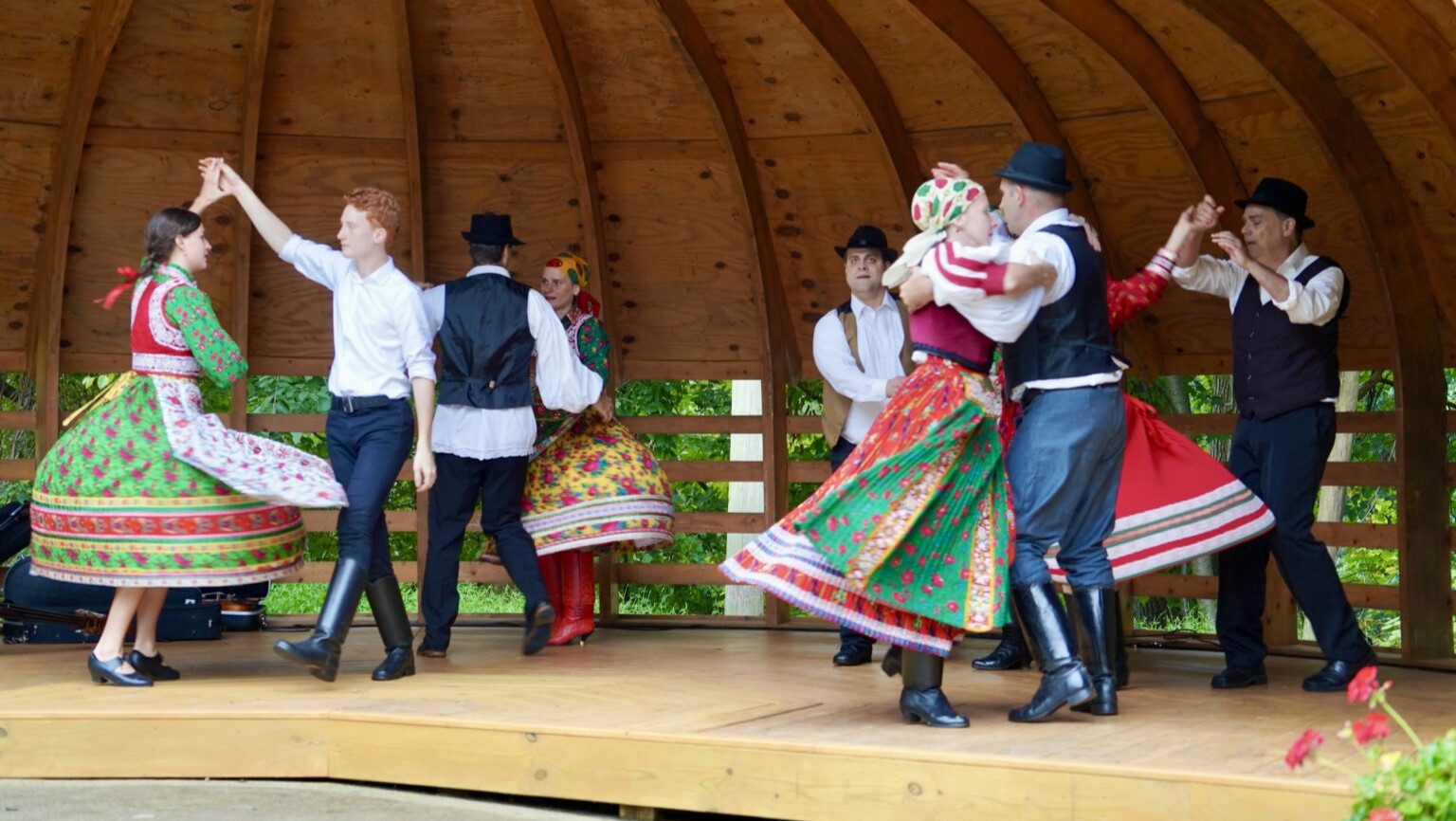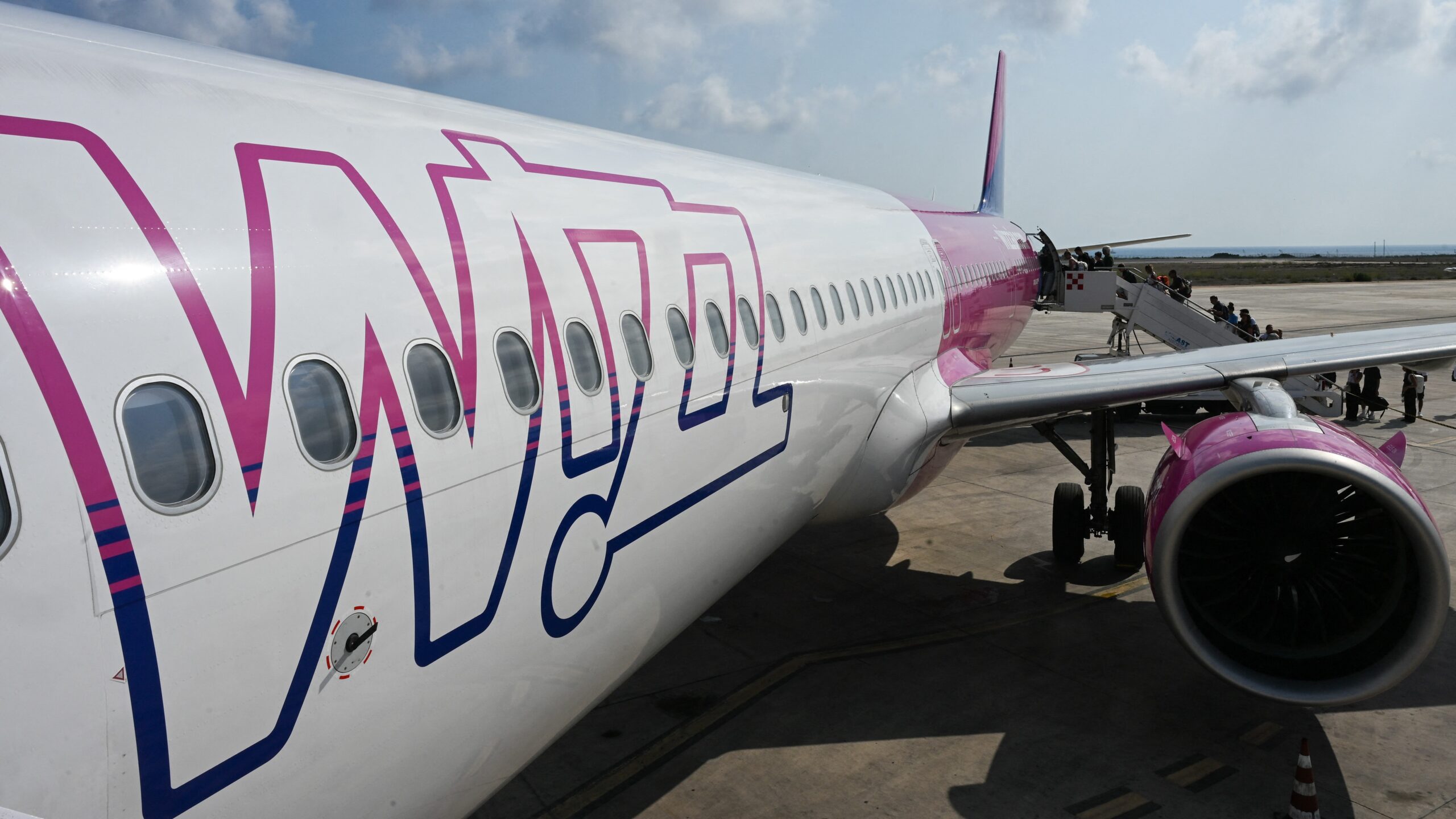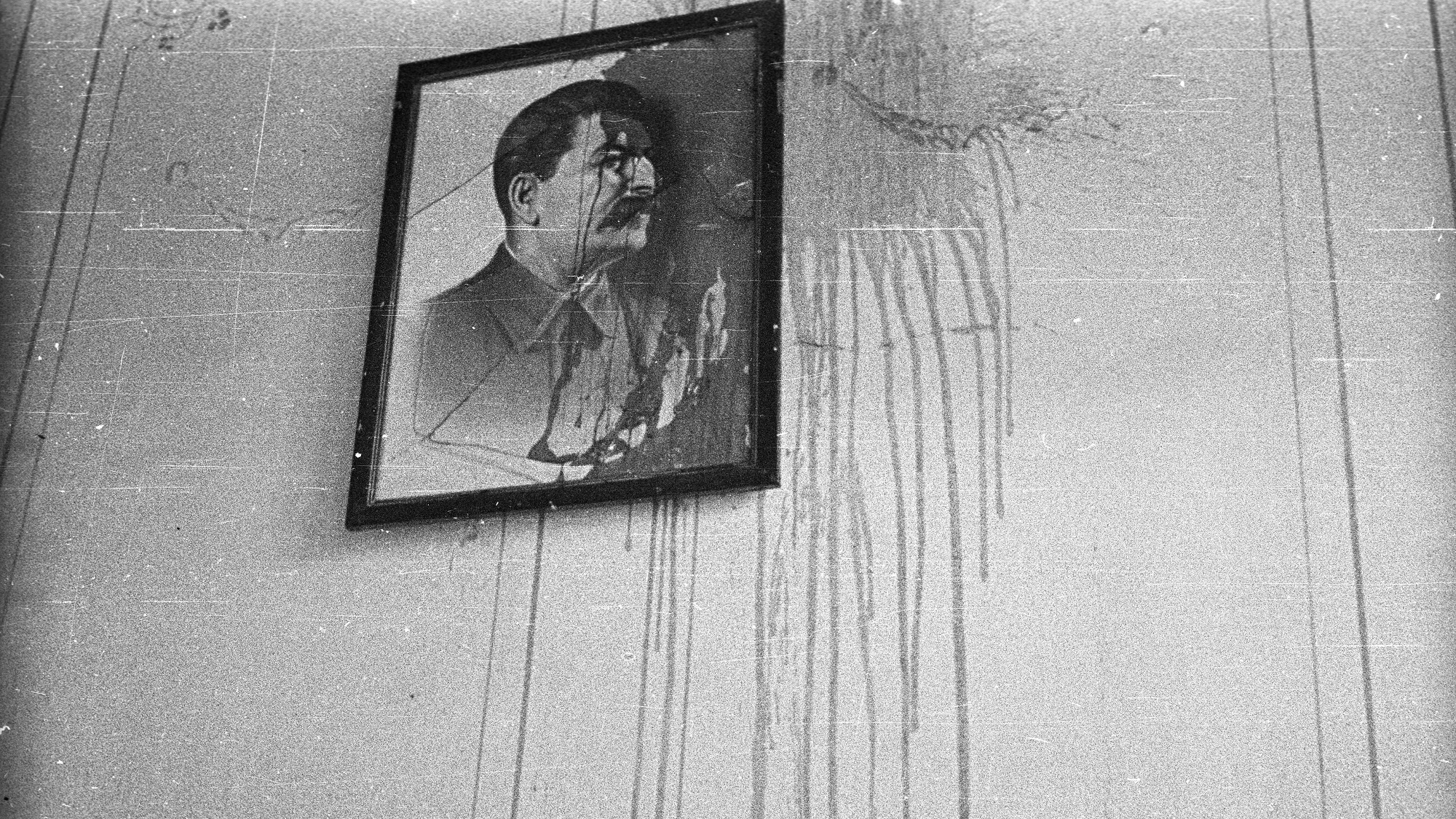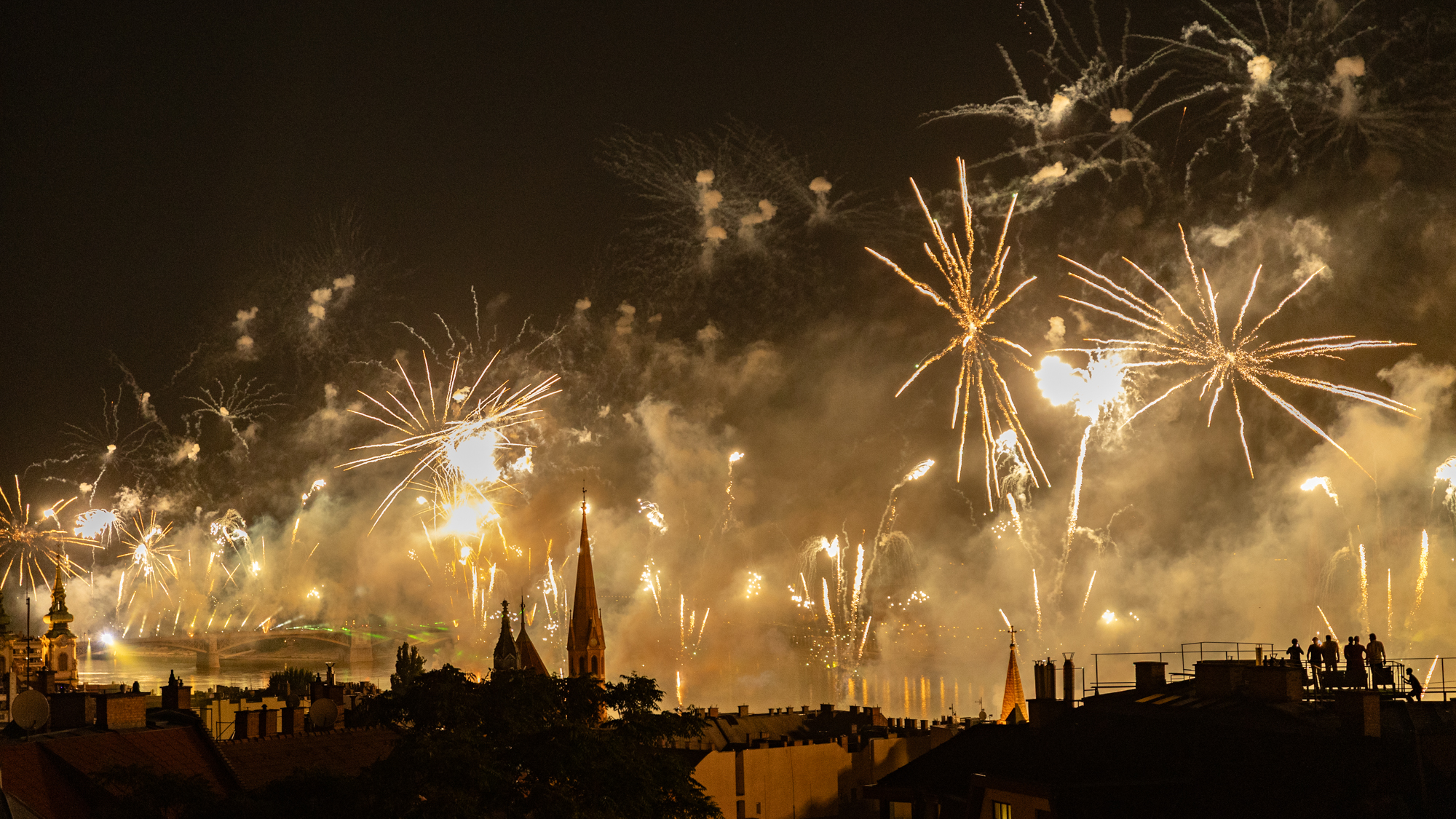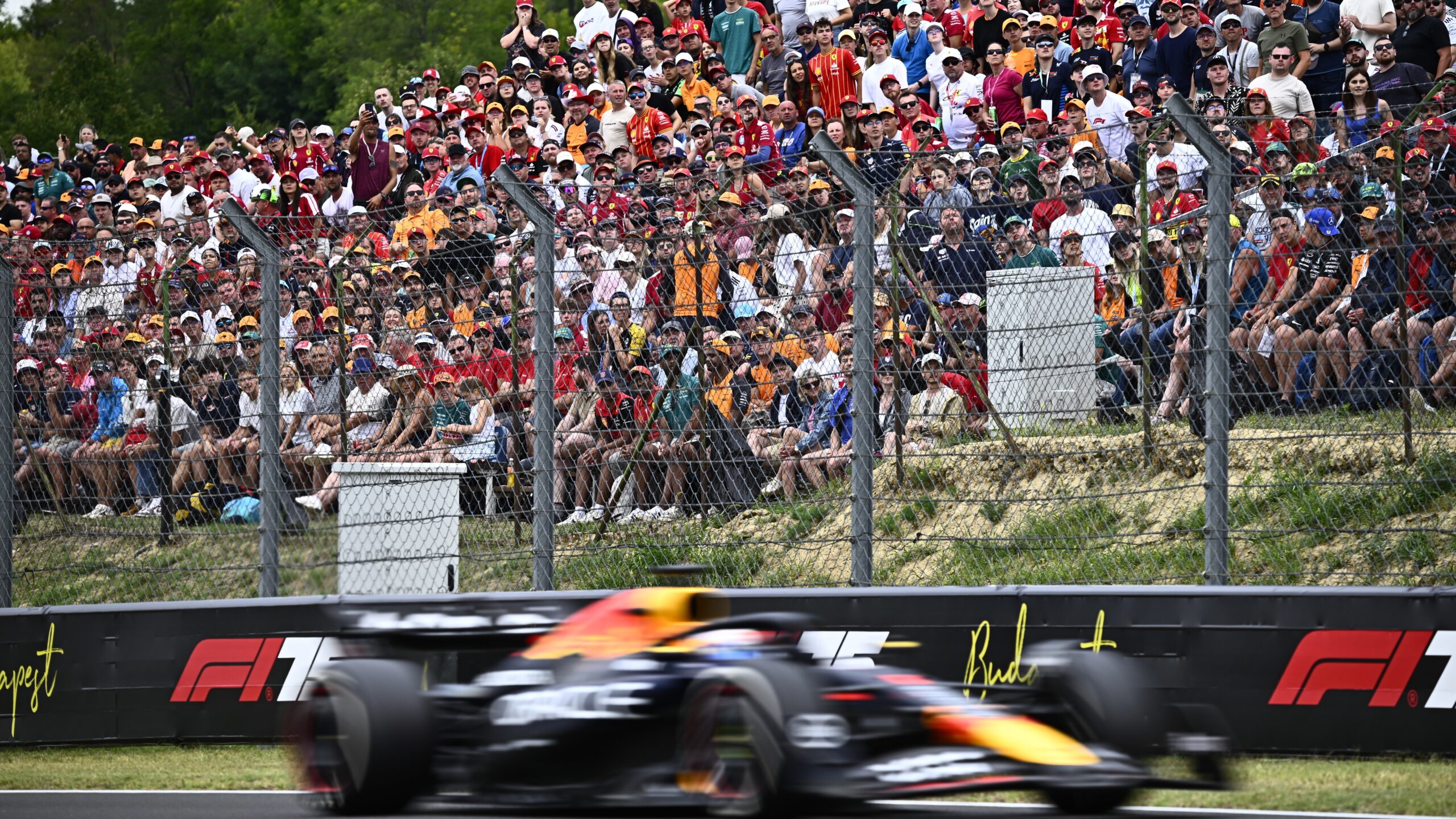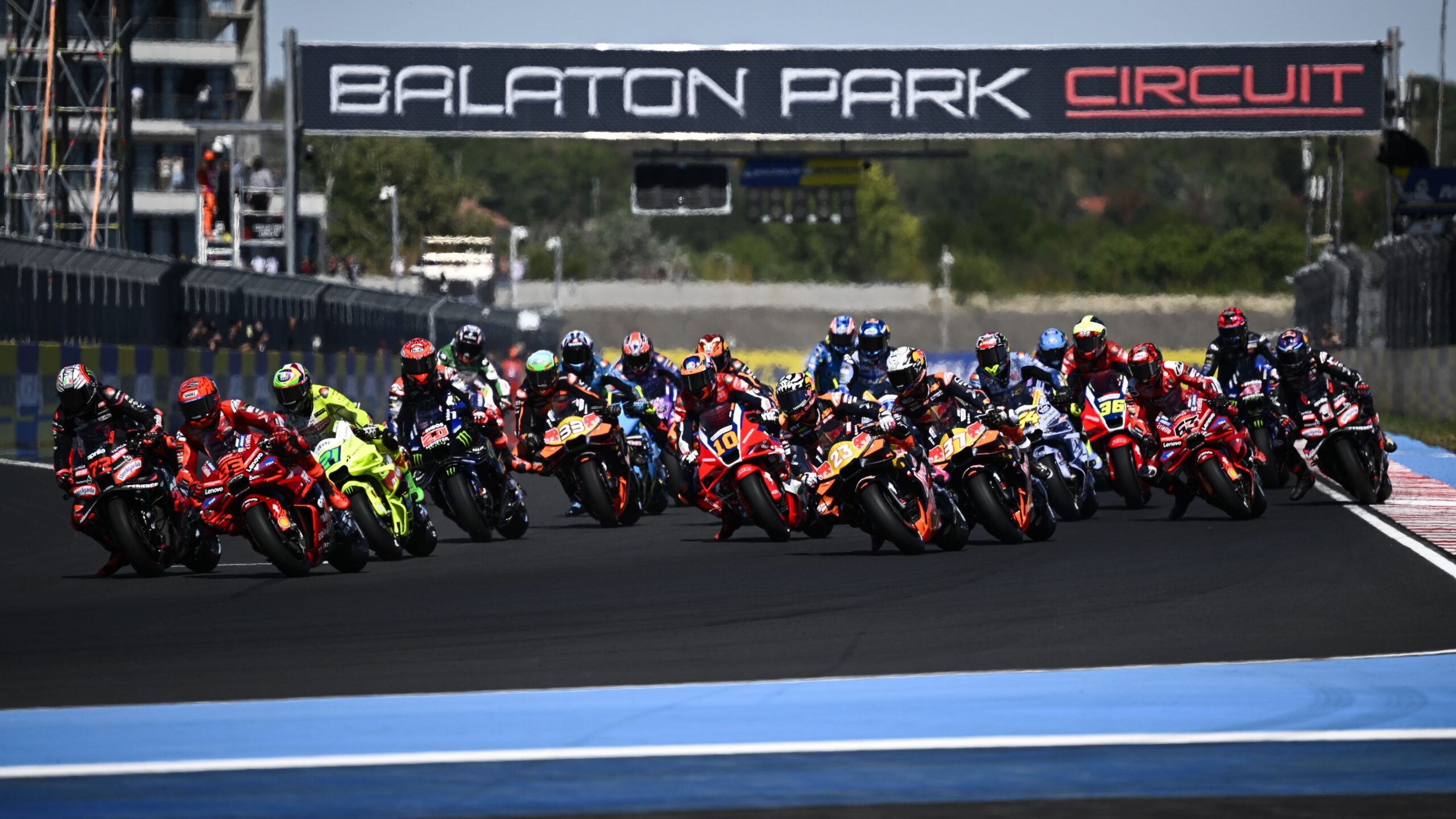
MotoGP Fuels Tourism and Record Hotel Revenues around Lake Balaton
Foreign tourism at Lake Balaton rose 17 per cent after Hungary’s state holiday, boosted by the return of MotoGP. The race weekend brought fans from across Europe, driving record guest nights and hotel revenues alongside the Zamárdi Strand Festival.

